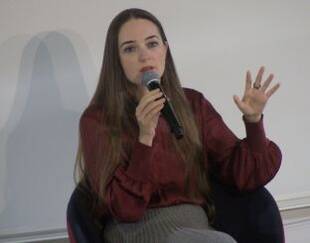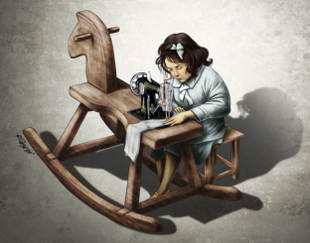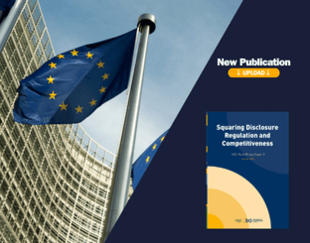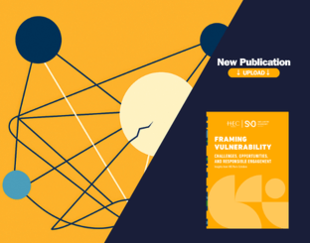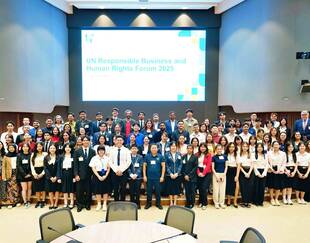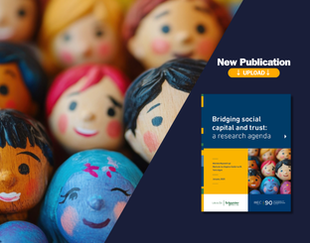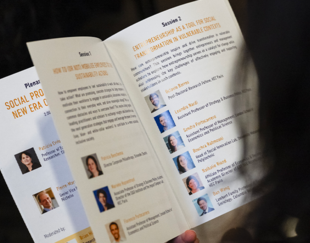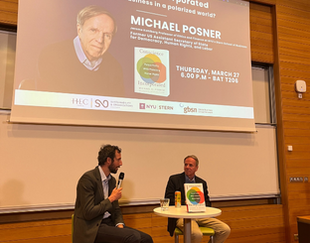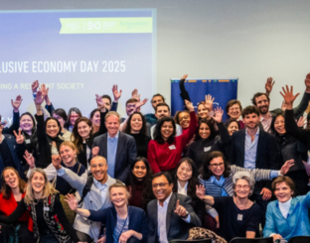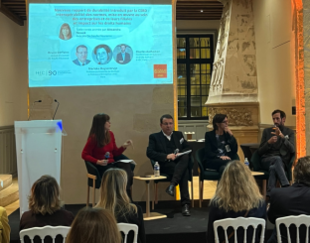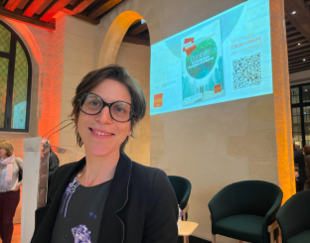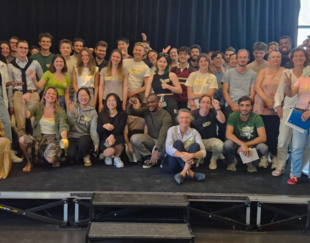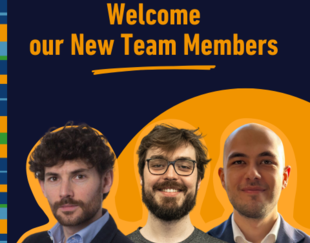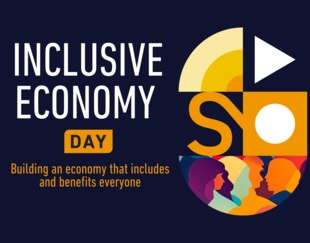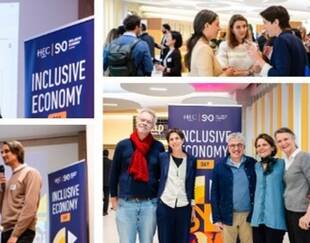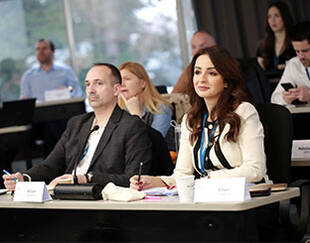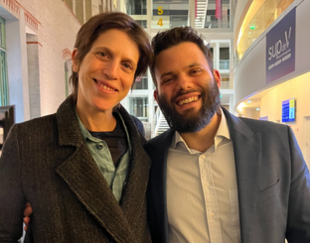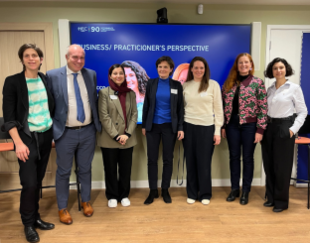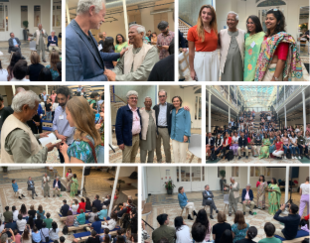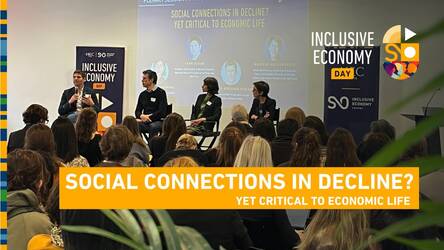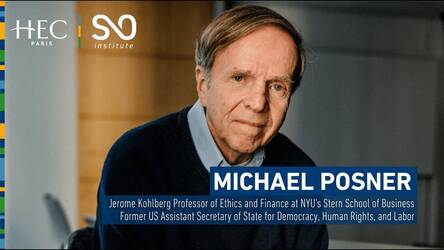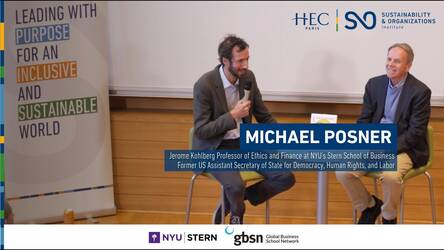
Inclusive Economy Inclusive Economy
At HEC Paris, through the S&O Institute, we aim at contributing to a more inclusive economy, where businesses seek to maximize their social impact together with their economic performance.
Creating new ways for companies to improve their societal impacts, contribute to the fight against poverty, and co-create a more inclusive society
In an era of profound environmental and geopolitical change, the social dimension frequently takes center stage. Not only are the most vulnerable the hardest hit by many current crises – be they climate, health, economic or political – but they are often also those from whom most sacrifices are asked to stave off future catastrophes. Even architects of the most ambitious climate policies recognize that without treating inequalities, the ingredients of a successful climate transition will be rejected. If there is no just transition, there will be no transition at all.
It is within this complex landscape that the Inclusive Economy Center aspires to harness the power of research to inspire businesses to lead and thrive in this pivotal moment. We are convinced that by marrying business know-how with the rigor and depth of scientific research, we can provide new solutions to unlock potentially unsolvable problems such as how to create a path towards a just transition. And that, by leveraging our other strengths – in educating the next generation of managers and activists, and working with business to further positive action – we can contribute to imagining, designing and realizing a better world.
At its core, our activities are organized around two central challenges.
One is how to design and promote a business ecosystem suitable for supporting a just transition. How can and should businesses measure and control their social, governance, and environmental footprints down their supply chains? How should they communicate their performance, and to whom? How should value be shared in such a way as to inspire an engaged workforce?
The second challenge is to understand how to promote and repair the ties that knit together a society, and that are essential for the well-being of the collective and all its members, as well as its economic and political health, prosperity and resilience. Much research has documented the weakening of social ties in recent years, but what factors determine their strength? Which actions have the best chance of rebuilding them? What role can business and entrepreneurship play in the integration of vulnerable populations, such as migrants, the elderly or the lonely into cohesive societies?
Research at HEC Paris and beyond sheds light on the measurable economic and social impacts of social ties, revealing how they drive regional growth, spark innovation, and act as levers for inclusivity and equity in the face of today’s global challenges.
Brian Hill, Academic Director
Bénédicte Faivre-Tavignot, Executive Director
Building a more inclusive economy
We aim at contributing to a more inclusive economy, where businesses seek to maximize their social impact together with their economic performance.
NEWS
S&O - Inclusive Economy Center Contacts







